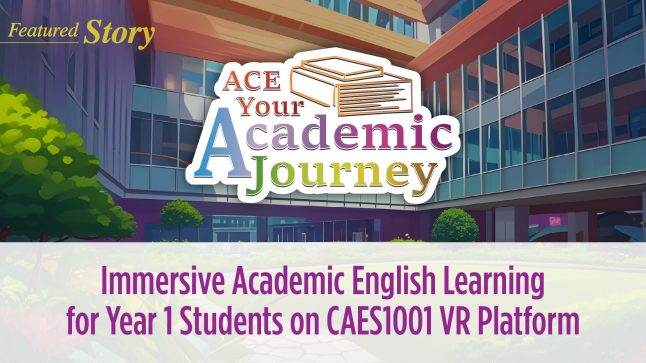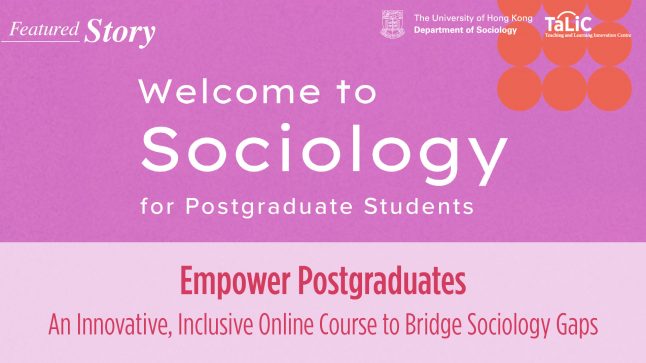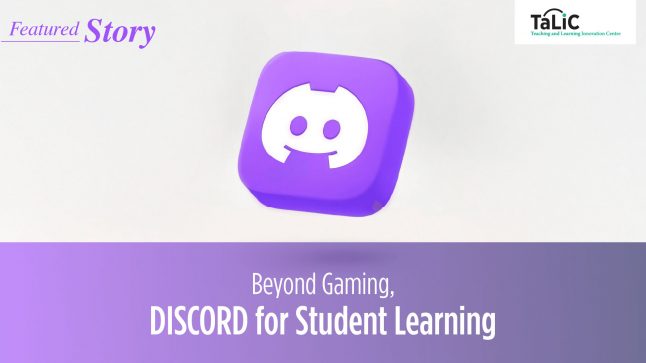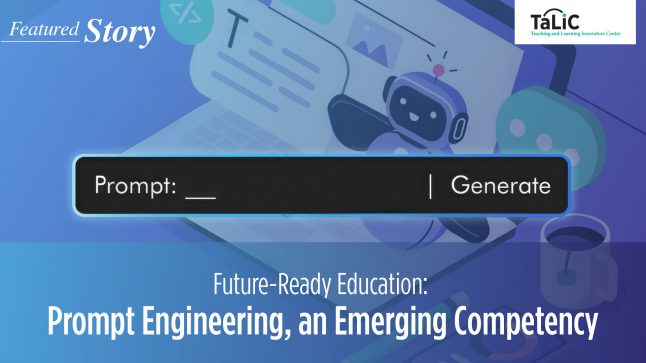
On Friday 23 January, Anthony Robinson (Assistant Professor, The Pennsylvania State University) delivered a CITE-organised talk where he walked the audience through the key features and insights from his highly-engaging MOOC, Maps and the Geospatial Revolution.
Dr Robinson (also Director for Online Geospatial Education, John A. Dutton e-Education Institute) began by dispelling the misconception that MOOCs are the same as all online courses. ‘Traditional’ online credit-bearing classes are paid, relatively small-scale, and have a high instructor:learner ratio (and thus enable a broad range of assessment types). MOOCs, on the other hand, are by definition open-access, ‘massive’-scale, and have a low instructor:learner ratio (requiring a rethink of traditional assessment approaches). These fundamental differences between pre-MOOC era online classes and MOOCs themselves indicate the need for MOOC development teams to shift their paradigms to address learner needs in these vastly new learning environments.
So what were the key motivations behind Anthony Robinson’s MOOC on mapping? He noted 5 ‘Es’: to encourage new audiences; to enhance visibility of existing online programmes; to explore this new method of instruction; and to evaluate new research possibilities. By aiming to create a gateway experience into mapping for learners and develop the teaching, learning and research work, the paradigm employed in this learning environment was clearly different to that of the traditional programmes offered in his context.
How did Anthony Robinson structure course content and assessments within his MOOC? His course consisted of text and graphics developed to teach core competencies, supported by two short lecture videos for each week. He noted that the content of the videos, which he produced himself in his garage, was supplementary to the other input material, as his experience with online learning indicates that providing only video input is likely to provide a suboptimal learning experience. His assessments consisted of weekly quizzes, discussion activities, peer review, and a final exam.

How did he interact with his learners during the running of the MOOC? Dr Robinson emphasised the key importance of interacting with learners during the running of the course. He did this by engaging with forum discussions, introducing an ‘ask me anything’ activity, providing weekly discussion digests, and seeding several off-topic forums to add scope to the discussion.
What does Dr Robinson see as the three main priorities when developing a MOOC? One, interact with learners during the course delivery. Two, design the course in a way which engages learners and don’t be afraid to innovate. Three, target the competencies and learning objectives which underpin your course.
Since the first MOOC in 2012, thousands of MOOCs have been offered to millions of learners. So where will MOOCs fit in to higher education a few years down the line? He believes that MOOCs are one option for distance education and will not replace everything else. Traditional online courses will continue to serve as a high-engagement option which better suit higher-level topics. So, whilst MOOCs are not likely to supplant more tradition offerings, they are likely to foster learners who are price-sensitive and demand more options than ever before.
For Dr Robinson’s presentation powerpoint, please click here.











